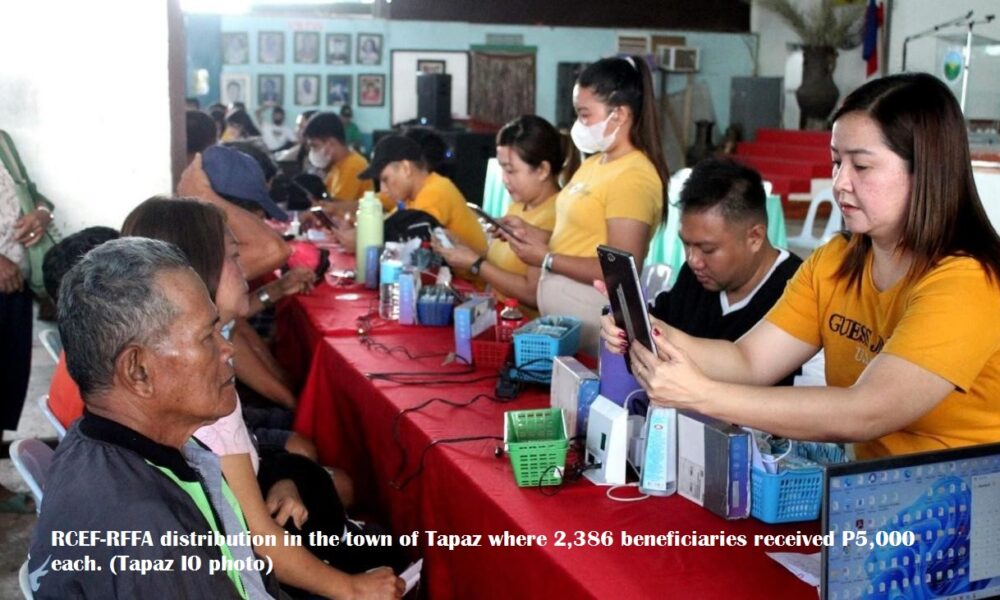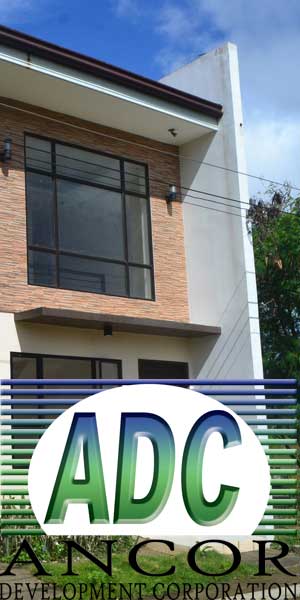
In a move towards fostering sustainable agriculture, the Department of Agriculture (DA) has extended a helping hand to 18,314 Capisnon rice farmers by granting a total of P91,570,000.00 worth of assistance through its Rice Farmers Financial Assistance (RFFA) of the Rice Competitiveness Enhancement Fund (RCEF).
RCEF-RFFA is created through the Republic Act 11203 or the Rice Tariffication Law (RTL) which provides cash assistance to smallholder rice farmers registered in the Registry System for Basic Sectors in Agriculture (RSBSA) and tilling rice lands of two hectares and below.
The RTL has an annual budget of P10 billion which intends to give P5,000 financial assistance to each eligible rice farmer as compensation for loss of farm income due to the tariffication of the quantitative import restrictions of rice.
Many farmers depend on rice cultivation as their primary source of income and as the sun rises over the emerald-green rice paddies, a sense of hope and optimism fills the air.
Among them is the 70-year-old farmer Miguel B. Enoslay, who owns a half-hectare rice land in Barangay Duyoc, town of Dao, Capiz.
Enoslay expressed immense gratitude to the DA as he was awarded the RFFA for the second time.
Born from a generation of farmers, he shared that farm input costs, like pesticides and fertilizers, continue to soar, which is disproportionate to the rise in palay prices.
With the RFFA, Enoslay said that he will now be able to buy additional seeds and fertilizer for his farm.
He also expressed his gratitude to President Ferdinand R. Marcos Jr., commending him as a great Secretary of Agriculture who is committed to enhancing farmers’ quality of life through sustainable agriculture.
Meanwhile, Domingo Calong, a 59-year-old farmer from Barangay Ilas Sur, Dao town, is plowing a one-hectare rice land that was owned by his father. Just like Ensolay, it was also his second time receiving financial assistance from the DA.
He will use the cash grant to buy pesticides to augment huge loss during the first cropping season due to pests and rice insects.
Calong also extends his gratitude to President Marcos for valuing the farmers’ efforts, as in addition to the cash assistance, he also received rice seeds from the DA.
Capiz Provincial Agriculturist Sylvia Dela Cruz said it was their second year distributing the DA RCEF-RFFA to Capisnon rice farmers, noting that aside from the financial assistance, RCEF also provides rice farm mechanization, rice seed development, propagation, and promotion, expanded rice credit assistance, and rice extension services.
OPA Rice Program Coordinator Cecil Borres reported that for the first batch, there are 12,533 recipients of cash grants which came from the towns of Cuartero with 313 rice farmers, 1,545 from Dao, 165 from lvisan, 623 from Mambusao, 907 from Sigma, 976 from Sapian, 2,935 from Jamindan, 1,287 from Dumarao, 1,396 from Dumalag, and 2,386 from Tapaz.
Borres added that the second batch will be rice farmers from the city of Roxas with 615; towns of Maayon with 2,499 which has the highest number of beneficiaries; 431 from Panay; 622 from Pontevedra; 333 from Pilar; and 1,281 from Panitan.
Recognizing the importance of agriculture as a vital industry in the Philippines, providing financial assistance helps to stabilize farmers’ livelihoods, which plays a crucial role in promoting economic development.
Indeed, the utilization of RCEF enables the implementation of modern farming practices, including sustainable agricultural methods, yielding a broad spectrum of positive impacts that extend beyond the agricultural sector. These effects encompass advancements in food security and rural development.






